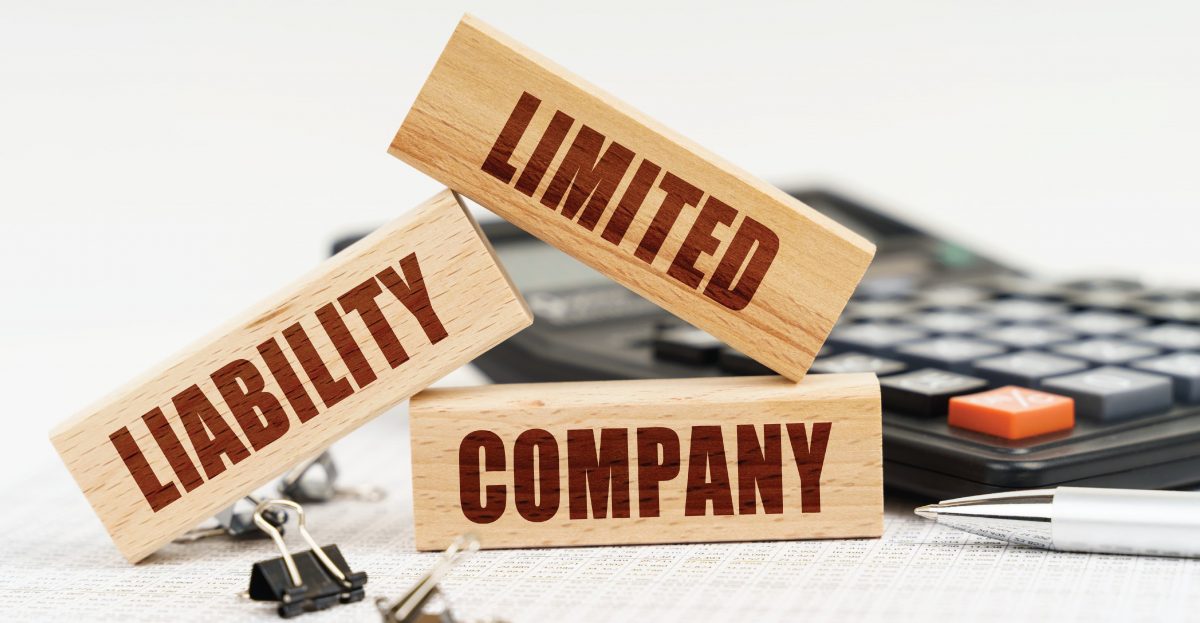Why you need to own scarce assets
There are 2 over-arching investment themes which guide all my personal investments:
1) Debasement of the USD = positive for scarce assets
2) Singularity
#1 - Debasement of currency
The debasement of currency is a peculiar concept, but we all feel its implications. I would encourage everyone to do their own research on how this works; there is plenty of information online and on YouTube.
How does this impact scarce assets?
We have all felt this—school fees, cost of housing, and the list goes on. It’s a hard concept for many to understand and we blame policy and politics but its debasement that is affecting the price of goods.
Here is the best way for me to explain it…
In a nutshell, if you increase the amount of money, without a commensurate increase in GDP, you are essentially reducing its value.
Think of a fraction, say 10/10 = 1, then you increase the denominator by 10x = 10/100 = 0.10 which means now you only own 10% of what you had previously all things being equal.
You now have 10x more money to buy a static amount of assets. This is why Chanel and Hermes handbags, art, Gold, Bitcoin and of course real estate have done well and will continue to do so.
Bitcoin and Gold are literally the perfect examples of this since there is finite supply. Now we all may not need Chanel or Hermes handbags (don’t tell my wife that)—Bitcoin, Gold, and real estate have societal utility and are generally more fungible than other scarce assets.
Look at these figures
1945 (end WW2)
- Money in circulation $40B vs. Money Stock $110B
1971 (end Gold standard)
- Money in circulation $84B vs. Money Stock $225B!
2022
- Money in circulation $6,105B vs. Money Stock $20,568BN!
* Money in circulation = known as the Monetary Base or M0
* Money Stock = M0 + money held in banks that can be withdrawn = known as Money Supply or M1
It’s time to make U.S. real estate a key part of your investment portfolio.
We are offering brand-new Texas single-family homes starting at $300,000 - Contact us to learn more!
#2 first - Singularity
I would read Ray Kurzweil’s “The Singularity Is Near: When Humans Transcend Biology”. Written in 2005, it laid out a prescient view of how AI will affect significant areas of society. In fact, The Singularity University (I’m planning to go) is mandatory for many C-level executives, heads of sovereign wealth fund managers as well as top-level investors globally. I’ll explain more at a later date.
This week…
All eyes on Mag 7 reporting this week - my Spidey sense tells me everyone but MSFT will disappoint, but given the overweight nature of this group - investors are looking for excuses to sell. The broader market is getting the bulk of the funds from selling the big cap tech - namely the Russell 2000 small cap index. This is what you are reading as The Great Rotation.
Trump is promoting Bitcoin as part of his campaign and plans to create a National Strategic Bitcoin Reserve. BTC is nearing $70K.
Refer a client, earn a fee
We are a small company trying to fix a big problem - financing investments into or pulling cash out of global real estate. We rely on our partners around the world to refer clients to us. Many of our Affiliates make so much money that they have quit their full-time jobs.
When banks say NO, we say YES! Help your clients secure the financing they need by partnering with us today.










